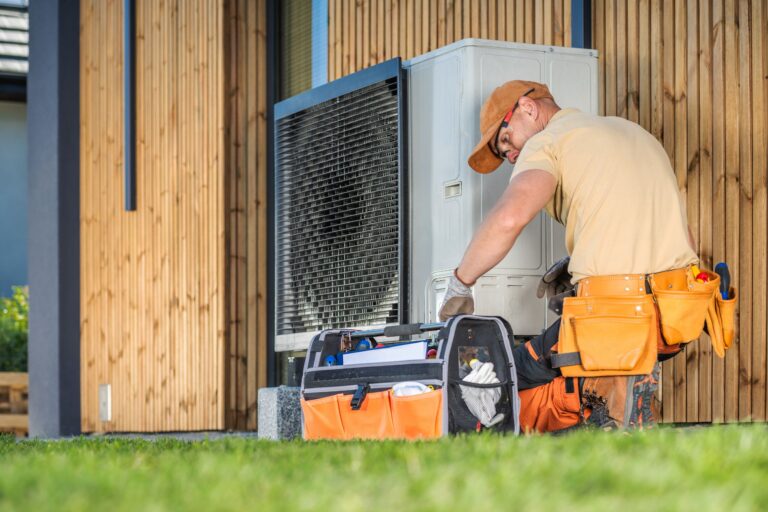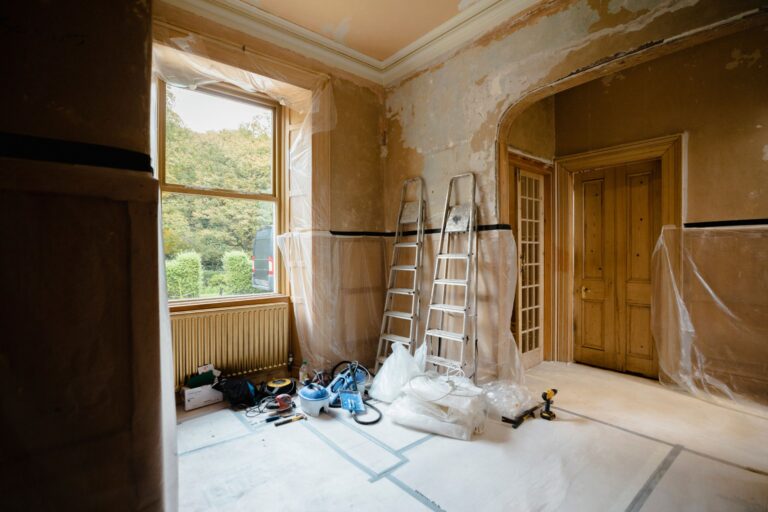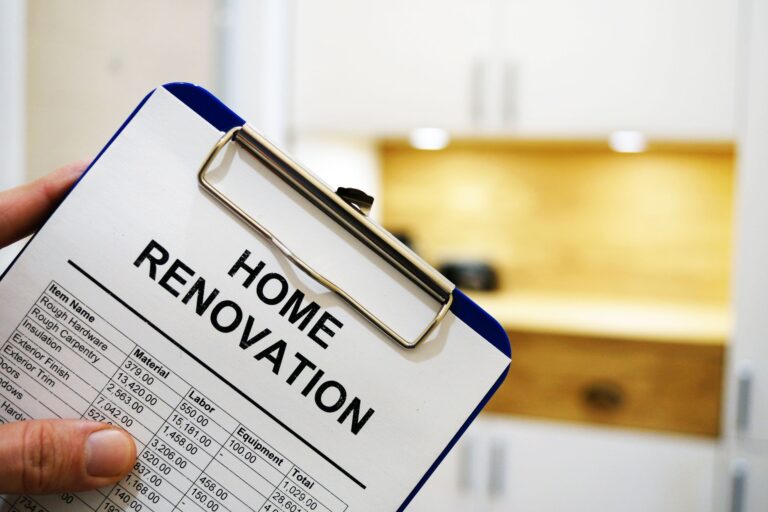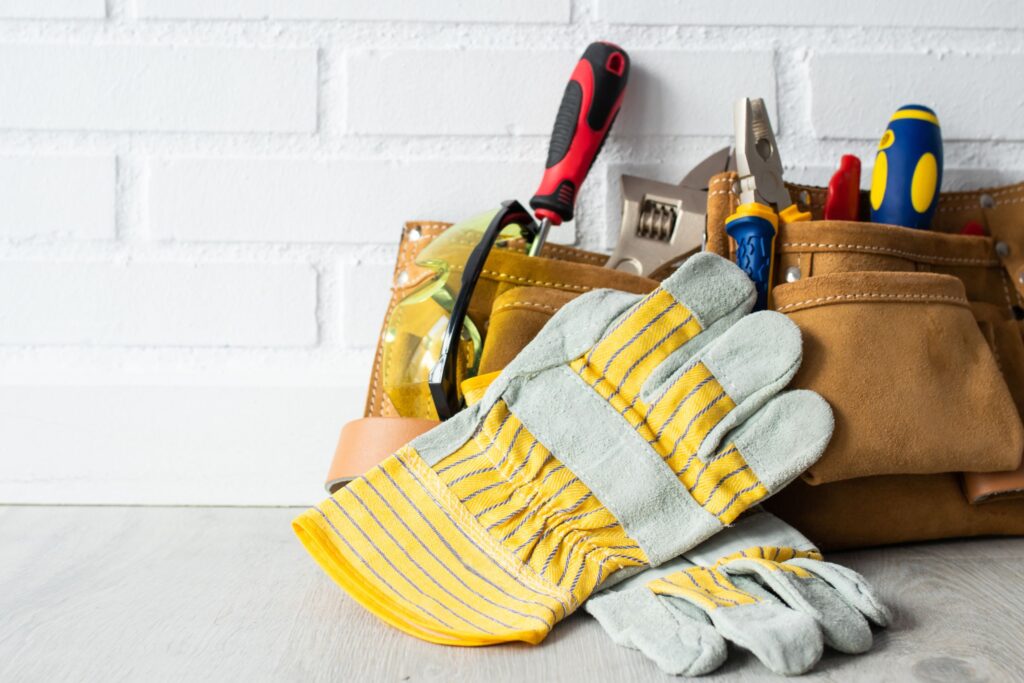
Often we overlook the small things until they break; by then, it is generally too late. Property upkeep goes beyond simply fixing damage or biding time until something breaks. It is about being one step ahead. Whether you run numerous rental properties or possess a comfortable home, keeping up regular maintenance will save you not only money but also tension, time, and long-term worth of your property. Fundamentally, home maintenance is more about protecting what counts than about filling the holes.
Many landlords and homeowners ignore the way little problems usually compound. Until the cabinet starts to decay or the water bill soars, a trickling faucet could appear like background noise. With the right approach to property upkeep, you’ll learn to recognize these signs early and fix them before they become full-blown emergencies. That’s what this blog is here for: to bring you smart, no-nonsense guidance that actually helps.
The Real Cost of Neglect: What Skipping Maintenance Actually Means
There’s a certain trap people fall into when everything “looks fine.” The walls aren’t crumbling, the lights turn on, and the heating works—so what’s the urgency? That kind of thinking, unfortunately, is what turns minor issues into expensive disasters. Putting off home maintenance rarely saves money. More often, it does the opposite.
Neglecting regular property care can mean faster deterioration of structural elements, hidden mold growth behind neglected plumbing, or weakened roofing that quietly lets in moisture after every rain. These problems might not show up on the surface right away, but when they do, they often require costly interventions and specialist repairs.
The good news is that catching problems early isn’t complicated. Routine inspections, seasonal upkeep, and addressing those “tiny things” can completely shift your home’s lifespan. A well-maintained property doesn’t just look better—it functions better. It holds value, prevents tenant turnover in rentals, and creates a safer, more comfortable environment for everyone inside.
Routine Inspections: Your Best Defense Against Expensive Repairs
Inspections aren’t just for when you buy or sell a house. Think of them as your first line of defense. By walking through your home every few months with a critical eye, you can catch the early signs of damage that would otherwise stay hidden until it’s too late. You don’t need to be an expert—you just need to pay attention.
Check for signs of water intrusion, test smoke detectors, look for cracks in walls or ceilings, listen for odd plumbing sounds, and examine appliances. These simple actions can flag emerging issues. What starts as a faint musty smell near the baseboards could be early moisture damage. That low water pressure in the shower? It could point to a hidden leak or pipe blockage.
Making inspections part of your rhythm—rather than waiting for disaster—turns reactive chaos into manageable tasks. Many residential repair services start with issues that homeowners could have spotted months earlier. You’ll not only feel more in control, but you’ll also reduce the number of emergency calls and the size of future repair bills.
The Power of Preventive Repairs and Seasonal Upkeep
There’s something deeply satisfying about knowing your home is in good shape. Preventive repairs may not be glamorous, but they’re some of the smartest decisions you can make as a property owner. They extend the lifespan of everything from roofing shingles to HVAC units. When you perform maintenance on a predictable schedule, you take control of your property’s health.
Cleaning gutters before the fall rains, sealing cracks before winter, and servicing heating systems before the cold sets in—these actions reduce the strain on your home and prevent unnecessary wear and tear. Preventive maintenance doesn’t just protect your house. It also protects your peace of mind. You sleep better knowing your basement won’t flood, your furnace won’t break down during a freeze, and your windows are sealed tight against drafts.
Whether you’re managing a family home or several rental units, investing time into consistent property maintenance reduces emergency costs, boosts energy efficiency, and keeps small problems from getting out of hand. The best part? It builds lasting value into the place you call home.
When to DIY and When to Call a Professional
It’s tempting to believe that every repair can be handled with a wrench, a YouTube video, and some elbow grease. And to be fair, a lot of them can. But there’s wisdom in knowing where your limits are. Trying to tackle major repairs—like rewiring electrical panels or patching a leaking roof—without the proper training can be more dangerous than helpful.
Understanding the line between a do-it-yourself fix and the need for a professional home repair service is key to good decision-making. Painting walls, fixing running toilets, and replacing door hardware are manageable for most homeowners. But anything involving structural integrity, gas lines, or complicated mechanical systems usually calls for expert help.
It’s not just about avoiding mistakes—it’s about safety and long-term performance. A poorly executed repair can mask a deeper problem or cause more damage down the line. Professionals bring both knowledge and accountability to the job. And when you do call them, you want it to be on your terms—not in the middle of a crisis you tried to prevent but couldn’t handle alone.
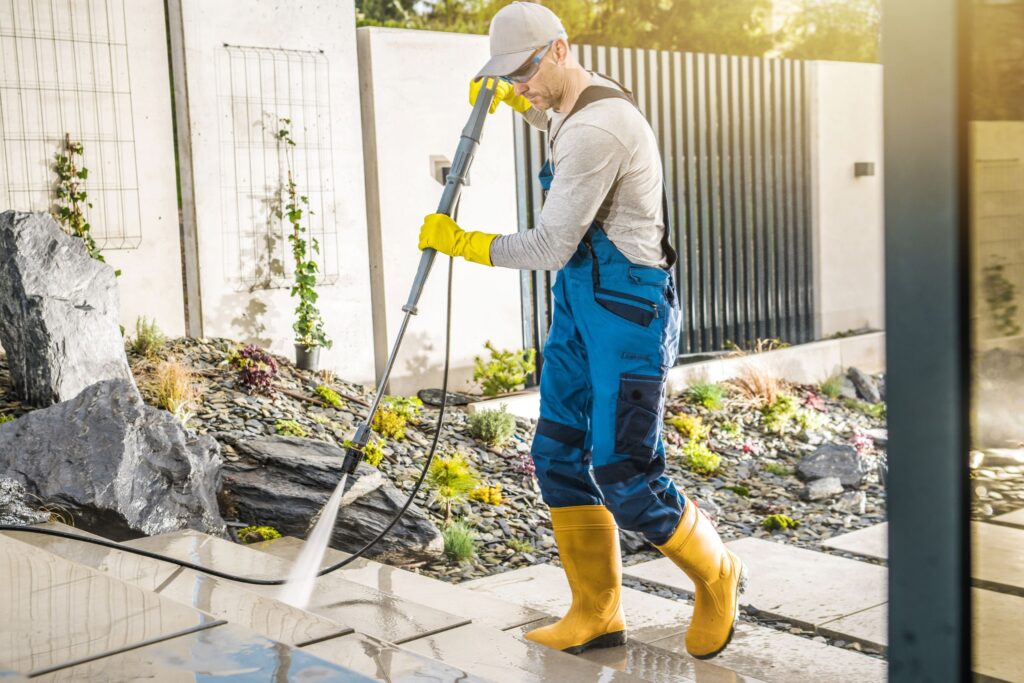
Conclusion: Caring for Your Property is a Form of Self-Respect
Maintaining your home isn’t just another chore on the list—it’s a commitment to the place you live, the people who share it with you, and the future you’re building within those walls. Whether you rent, own, or manage property for others, the care you put in today sets the stage for fewer headaches tomorrow. Regular inspections, thoughtful repairs, and intentional upkeep aren’t just smart financial moves—they’re gestures of respect toward your space and everything it supports. Your home protects you daily. Returning the favor is the least we can do. Here at Traiteur Reception Maeva, we’re not just sharing articles—we’re helping people take better care of what matters most, one fix at a time.

